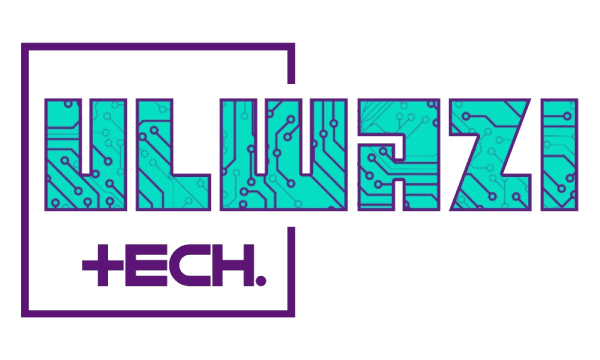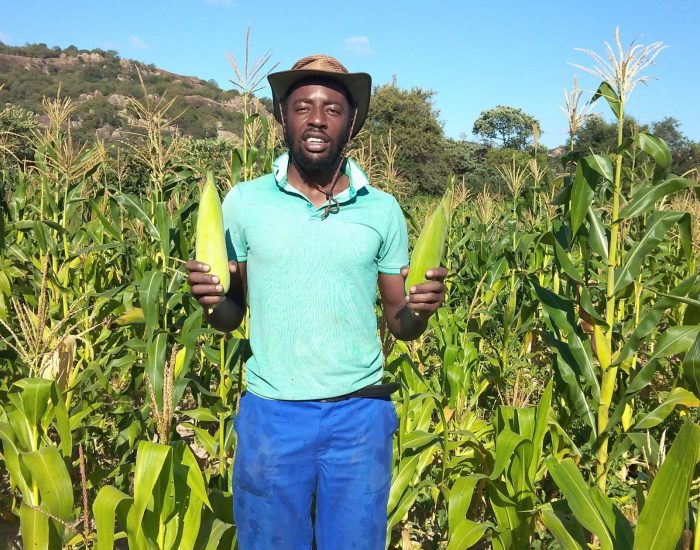
Agriculture
Agriculture is a major economic activity in Zimbabwe providing employment for 60-70 % of the country’s population and contributing 40 % of the total export earnings GDP. It is also a major consumer of the finite resource, water, hence it is key to eliminate inefficiencies which arise from bad practices and use of outdated techniques in farming. Climate change which has echoed the call to invest in research to produce more while harming the environment less and we believe technology in the form of blockchain, machine learning and smart irrigation can help achieve the resilience required.
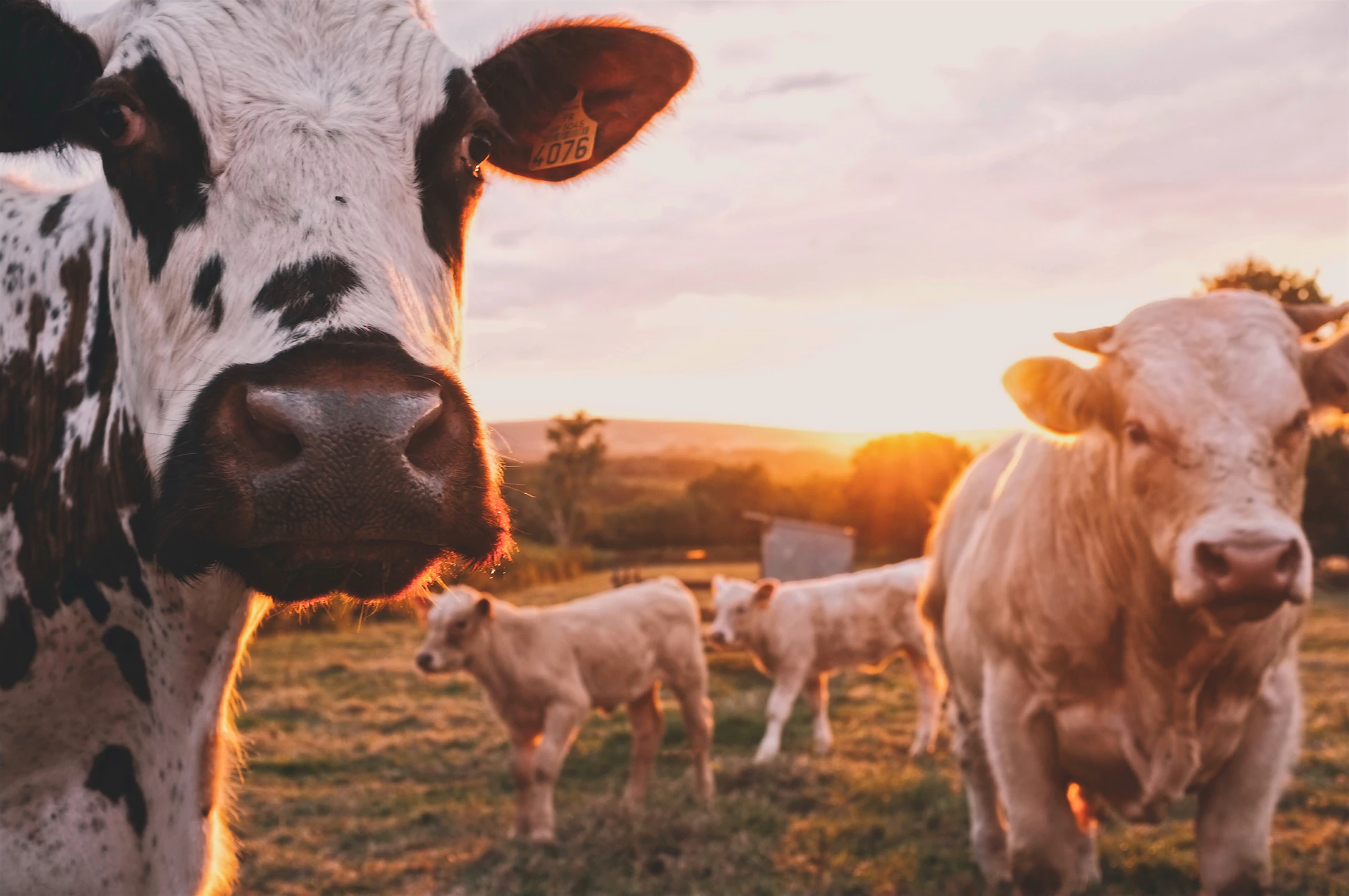
Livestock Tracking
Livestock tracking is vital in modern agriculture, enabling farmers to efficiently manage their herds’ health and safety. Technologies like GPS, RFID, and Bluetooth play a significant role. GPS devices attached to collars or ear tags provide real-time location and movement information, useful for animals grazing in extensive pastures. RFID tags swiftly and accurately identify animals, storing their identity and movement data on a microchip. Bluetooth technology tracks behavior patterns, aiding in the detection of potential health issues. These tracking technologies enhance management practices, prevent losses, and facilitate early detection of health problems. Analyzing tracking data optimizes feeding, breeding, and healthcare practices. Ultimately, livestock tracking is indispensable, ensuring the well-being and productivity of modern agricultural herds.
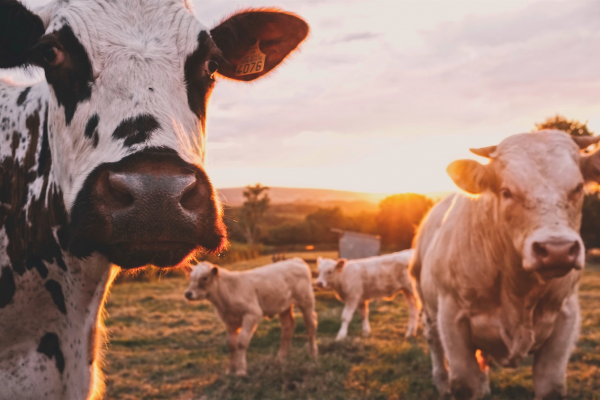
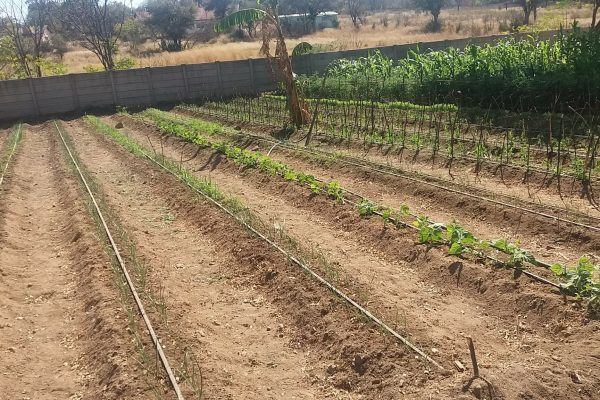
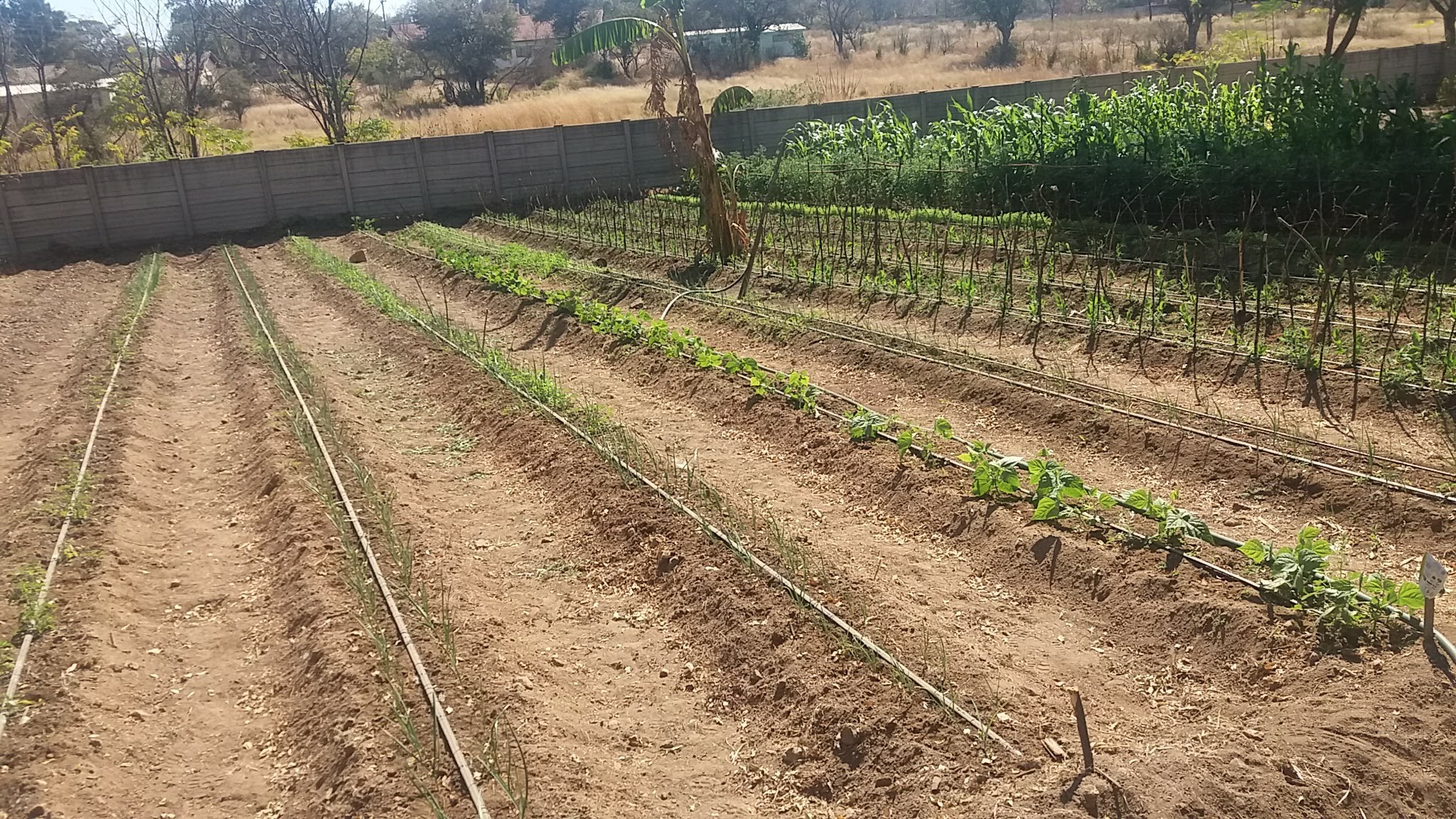
Remote controlled Drip irrigation
Remote-controlled drip irrigation is an innovative technology offering numerous benefits to farmers and agricultural practitioners. It efficiently utilizes water, increasing crop yields and reducing waste. Sensors detect soil moisture levels and deliver water accordingly, optimizing plant hydration without waterlogging or soil erosion. The system allows remote water distribution control, adjusting supply based on weather and crop growth for healthier plants. It enables monitoring and management from anywhere, saving time and costs. It eliminates manual labor, improves irrigation accuracy, and reduces long-term expenses. Additionally, it minimizes plant contact with water, lowering disease and pest risks. Environmentally friendly, it reduces water runoff and prevents contamination. In summary, remote-controlled drip irrigation enhances crop production, yield, cost-efficiency, and environmental preservation.

Specialised weather and crop updates
Weather and crop updates are crucial in agriculture and food production. They provide critical information on factors like rainfall, temperature, and humidity, impacting crop growth and availability. Farmers need up-to-date data to optimize yields and reduce losses. Accurate updates benefit policymakers, food suppliers, and consumers, ensuring adequate supplies and stable prices. It informs decisions on food security and agricultural policies, mitigating the impact of natural disasters. Overall, timely updates are essential for sustainable food production and global food security.


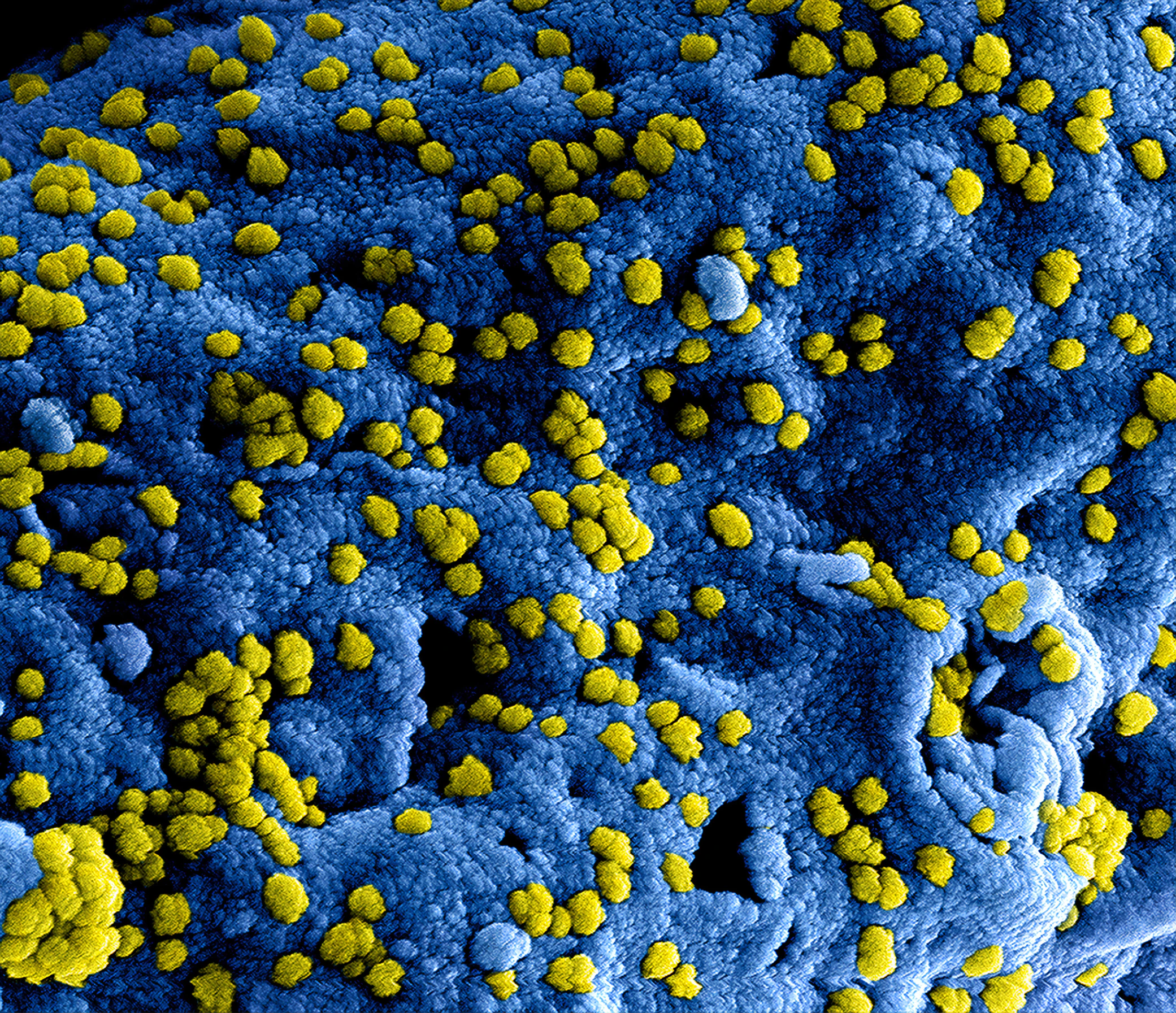
Disease diagnosis
Disease diagnosis is essential for timely and effective treatment and prevention of complications. It identifies the specific disease or condition, enabling appropriate treatment plans and early intervention. Accurate diagnosis is critical for managing chronic diseases and monitoring their progression for optimal outcomes. Advances in molecular and genomic testing enhance precision. However, healthcare practitioners’ knowledge and expertise remain vital. Early detection allows for preventive measures and improved outcomes. Overall, investing in diagnostics and well-trained practitioners is crucial for successful healthcare systems worldwide, ensuring effective care and better patient outcomes.
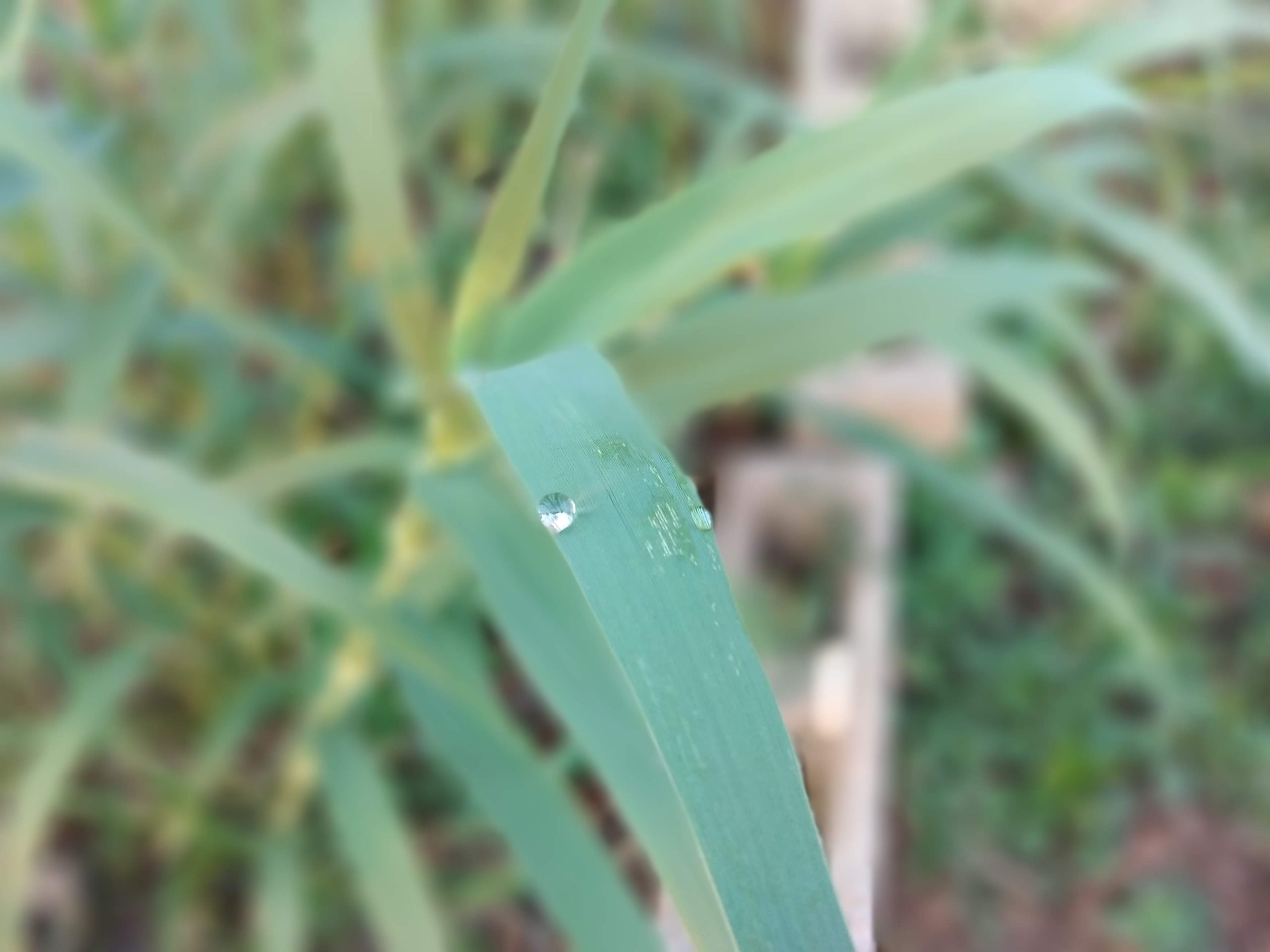
Why Choose Us?
Tailored service
- 24x7 Service Available
- Highly Qualified Staff
- Emergency Services
- Most Trusted in Area
- Up-front Pricing

